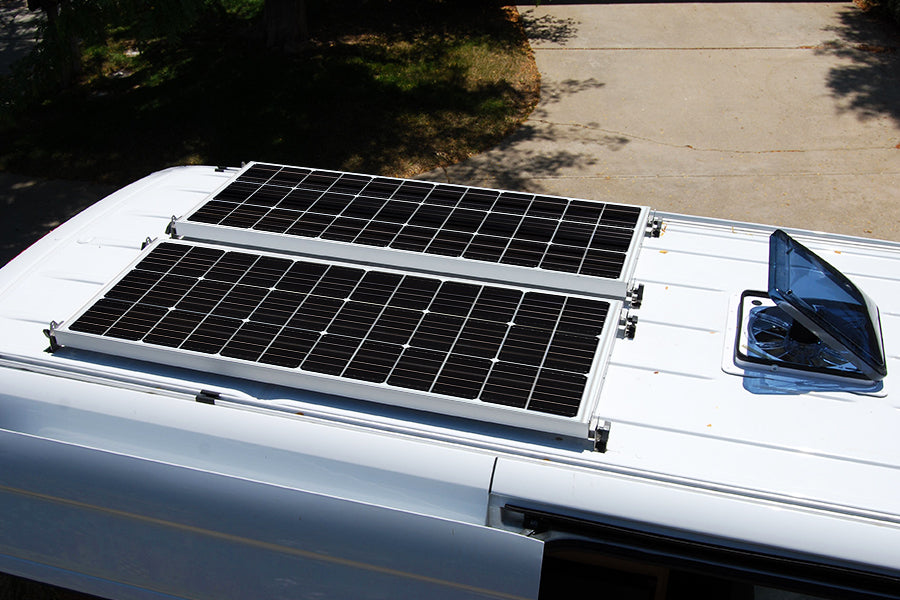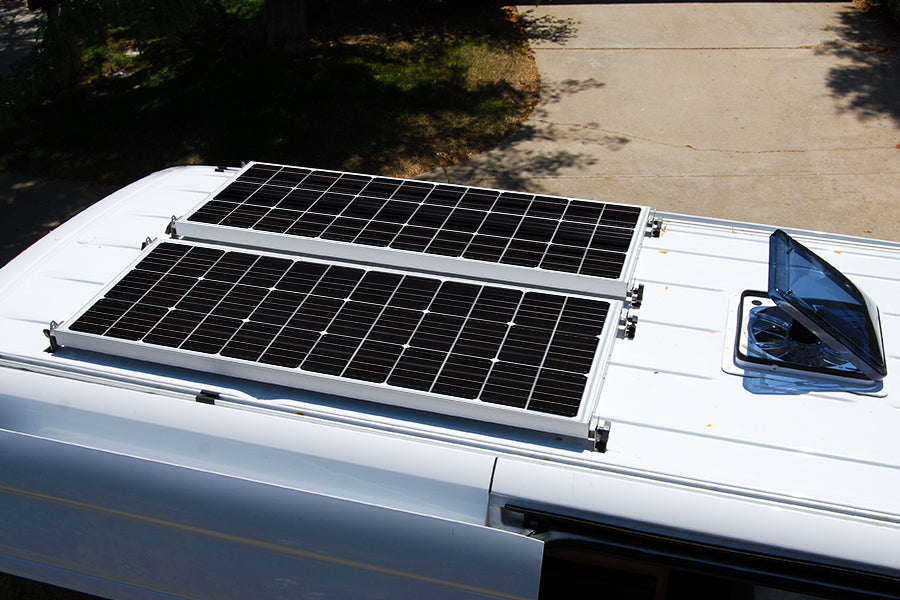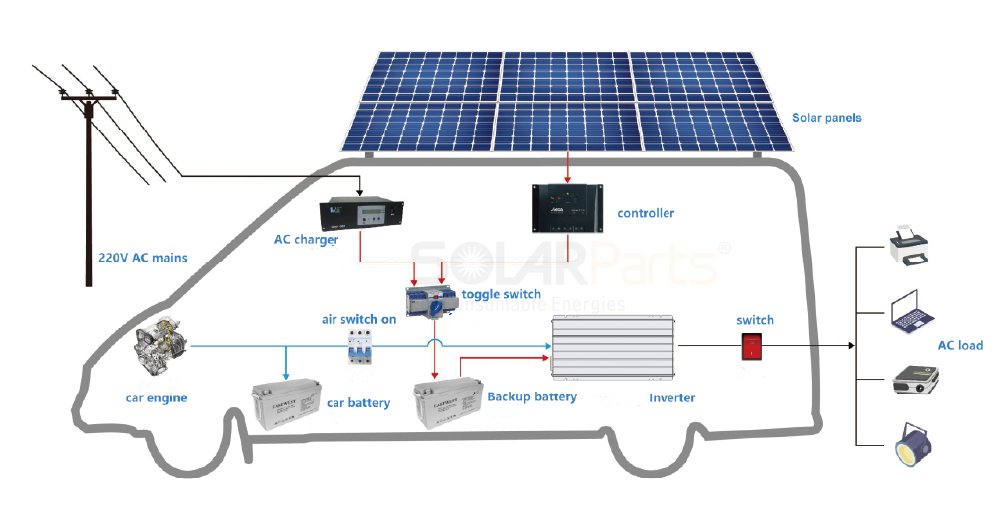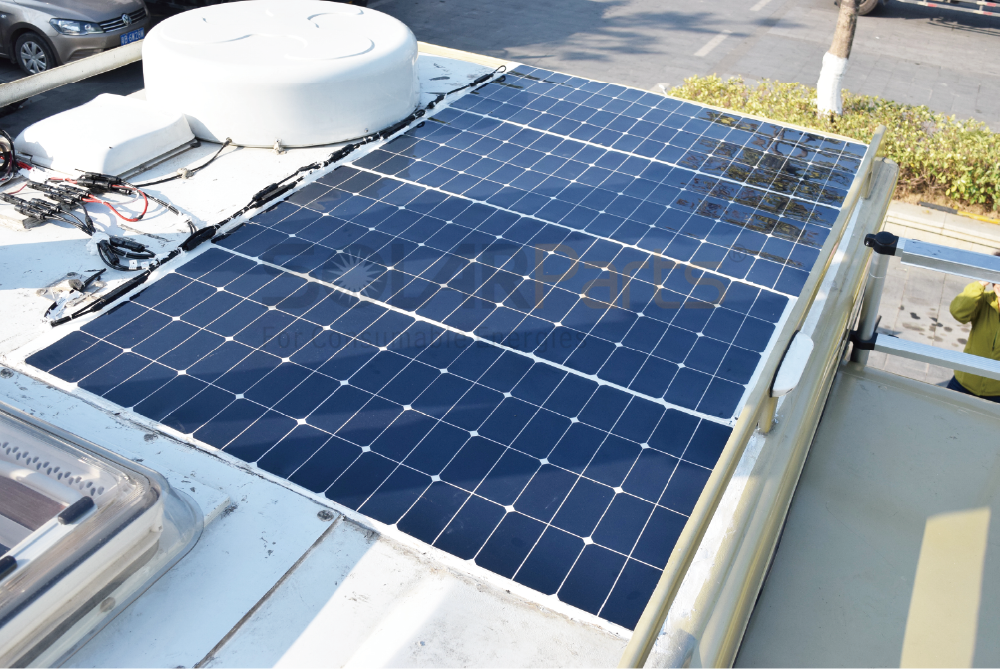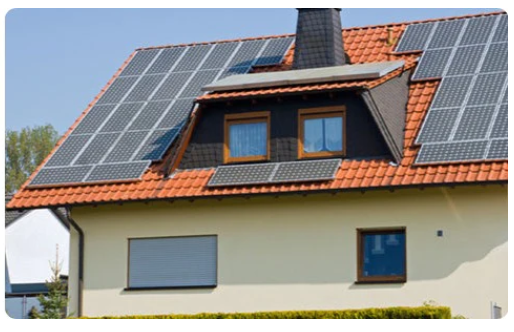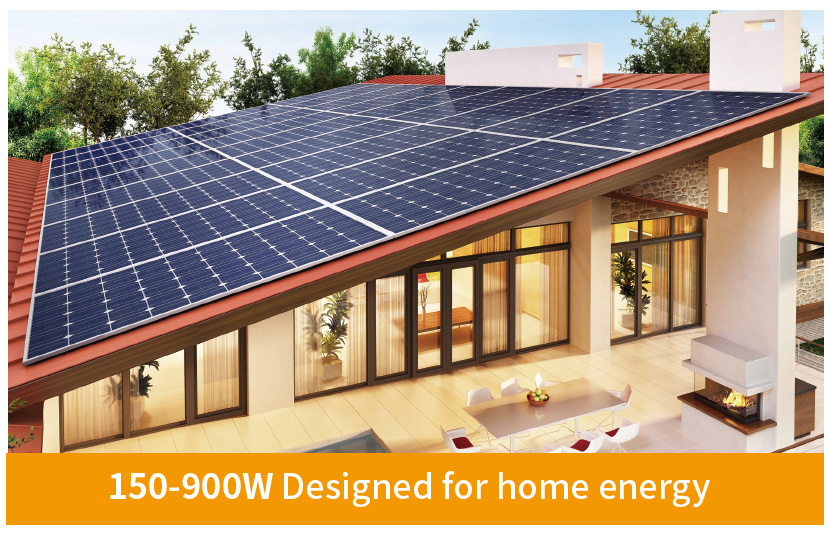Solar power is a groundbreaking development in modern technology. If you’re a nomad traveling across the world, solar panels atop an RV grant autonomy to roam anywhere and everywhere. Selecting the best solar panels for your RV is no easy feat. Several technical considerations are involved in constructing the right solar system for your RV.
What Are RV Solar Panels?
RV solar panels convert sunlight into electricity to power your RV.
Is An RV Solar System Right for You?
While RV solar panels are a nifty concept, they’re not for everyone. For example, if you often dock at campgrounds where you’re required to pay for electrical hookups to power your RV, it may not make financial sense to purchase an RV solar system.
But, if you’re docking off the beaten path in a location without electrical hookups, an RV solar system is essential. With an RV solar system, you’re free to travel wherever you desire. However, this is an expensive purchase that requires thorough research.
How Do RV Solar Panels Work?
If you have a few solar panels atop your RV, and it’s on the road or parked in the sunlight during the day, the panels will absorb energy as sun rays graze over. The energy absorbed from the sun is converted into an electrical current, which travels from the solar panel through wires to your RV battery’s charge controller.
This electricity converts into 12-Volt DC (direct current) and charges your RV’s battery, storing energy to power your RV and its appliances, lights and electronic devices. Passing 12-Volt DC through an inverter converts it into 120-Volt AC (alternating current), which powers 120-Volt gadgets, like a coffee maker.
With sunlight, solar panels, batteries and converters, you can power almost anything. This applies to most electronic appliances and devices, but it’s not realistic to power an air conditioner solely with solar power.
How Many Solar Panels Does Your RV Need?
A few factors will determine how many solar panels your RV needs to operate. First, you need to know how many watt-hours your RV uses daily. Second, know how much energy your solar panels supply to your RV batteries.
Precise planning is required for a proper solar panel-to-battery ratio. Without enough batteries to store all of the energy generated from your solar panels, you’ll be wasting money.
Figure Out How Much Energy You Consume
First and foremost, you need to know how much energy your RV uses in a single day. Complex estimates and math equations are part of this undertaking. Park your RV and calculate how much electricity each of your appliances and devices use. Multiply that number by the number of hours you use each appliance/device.
After you calculate how many watts each appliance/device uses daily, add everything together to get the total Watt-hours consumed. Do this for every appliance you plan to use while parked. After you know the total number of Watt-hours you consume, you can figure out how many solar panels you need.
Compute Solar Panel Energy Production and Storage Requirements
You can assume that a 100-Watt solar panel produces 350 Watt-hours of power daily, on average. Again, this estimate deviates based on the season and your location.
For all the power produced by your solar panels, you’ll need enough batteries to store all that energy. One 100 ah 12volt battery holds roughly 1200 Watt-hours.
Solar panels generate the estimated amount of energy in an optimal situation under ideal circumstances. In a perfect world, the sun will shine directly on your solar panels, generating as much energy as possible. However, if it rains or you’re parked in the shade, maximal energy won’t be produced.
As one day differs from another, it’s difficult to determine the exact amount of energy you consume in one day. When estimating, estimate higher rather than lower, as it’s better to be safe than sorry.
To learn more about photovoltaic power generation, please follow SOLARPARTS official website:
Twitter: Solarparts Instagram: Solarparts
Tumblr: Solarparts Pinterest: Solarparts
Facebook: Shenzhen Solarparts Inc
Email address: Philip@isolarparts.com
Homepage: www.isolarparts.com
